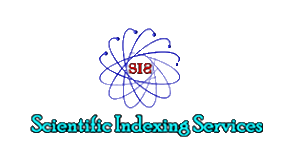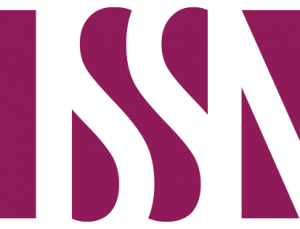Gender Empowerment Indicators: Better Management Of Resources To Optimize Results
 Abstract views: 654
,
Abstract views: 654
,
 PDF downloads: 432
PDF downloads: 432
Abstract
Abstract.As a cultural anthropologist I strongly believe in the value of applied anthropology especially when it comes to international cooperation and development. Thanks to a methodology principally based on participant observation I found that anthropologists benefit from a deep understanding of the social dynamics within a group.
In this working paper I discuss my work for AIDA, a Spanish NGO, in Dhaka. Several years ago, I was called to collaborate with this organization in order to set ‘gender empowerment indicators’ for their projects. The activities, approved and financed by AIDA, were implemented by Tarango, a local NGO. The main goal of AIDA was to improve the conditions of women in specific urban and rural areas of Bangladesh. Women are seen by the international community as one of the major driving forces in the development of a country. Gender equality and the empowerment of women have been defined by The Millennium Development Goals Report as ‘preconditions for overcoming poverty, hunger and disease’ (UN 2010, p.4).
What I have found extremely interesting while working at Tarango was the strict relationship between economic and gender empowerment, social capital and creativity. I found that being aware of the positive externalities of this relationship can lead to a more efficiently organized production, economic independence and most importantly a stronger sense of identity.
References
Aarong 2006, About Aarong, viewed 1st November 2016
< http://www.aarong.com >.
AIDA n.d., AIDA Website, viewed 1st November 2016
Alkire, S 2008, ‘Choosing dimensions: the capability approach and multidimensional poverty’, MPRA, Paper No. 8862, Munich.
Amin, S 1997, ‘The poverty-purdah trap in rural Bangladesh: implications for women roles in the family’, Development and Change, vol. 28, pp. 213-233.
Anand, S &Sen, A 1995, ‘Gender inequality in human development: theories and measurement’, Human Development Report 1995, Occasional Paper 19.
Bourdieu, P 1972, Outline of a theory of practice, Cambridge University Press, Cambridge.
BRIDGE 2006, Gender and trade cutting edge pack, BRIDGE/IDS, Brighton.
Ericksen, TH 2006, Engaging anthropology the case for a public presence, BERG, Oxford – New York
Ferrant, G 2010, ‘The gender inequalities index as a new way of measure gender inequalities in developing countries’, CES Working Papers 2010.17.
Gaye, F, Klugman, J, Kovacevic, M, Twigg, S &Zambrano, E 2010, ‘Measuring key disparities in human development: the gender inequality index’, Human Development Research Paper 2010/46, UNDP.
Lucy, DM, Ghosh, J, Kujawa, E, 2008, ‘Empowering women’s leadership: A case study of Bangladeshi microcredit business’, Sam Advanced Management Journal, Autumn 2008, pp. 38 -50.
Mancy, J 2010, ‘The challenges and evolving approaches for providing financial services to the rural poor’, Liverpool School of Tropical Medicine, Liverpool, UK.
Oloniyan, DA &Okemakinde, T 2008, ‘Human capital theory: Implications for educational development’, European Journal of Scientific Research, Vol. 24, No. 2, pp. 157-162
Santagata, W 2004, ‘I benidellacreativitàtra arte contemporanea e moda’, Università di Torino, Working Paper No. 2/2004
Santagata, W 2009, Librobiancosullacreatività, UniversitàBocconiEditore, Milano.
Scheyvens, R & Storey, D 2003, Development fieldwork a practical guide, SAGE Publications, London
Schuler, SR &Rottach E 2009, ‘Women’s empowerment across generations in Bangladesh’, Journal of Development Studies, Vol. 46, No. 3, pp. 379-396.
Sen, A 1999, Development as freedom, Oxford University Press, Oxford.
Simon, HA 1986, ‘How managers express their creativity’, Across The Board, no. 23.
Strom, SL 2001, 25 Years of BRAC research: achievements, challenges, and opportunities, Research Monograph Series No. 21, Research and Evaluation Division, BRAC, Dhaka.
TARANGO, TARANGO Official Website, viewed 1st November 2016
UNDP 2010, Human development report 2010 the real wealth of nations, Palgrave Macmillan, New York.
Van Den Heuvel, RP 2010, Strategy and action plan of the institute for sustainable development, ISD, Dhaka.
Yunus, M 2008, A world without poverty: social business and the future of capitalism, Public Affairs, Jackson TN.
Copyright (c) 2017 Sinergi

This work is licensed under a Creative Commons Attribution-NonCommercial 4.0 International License.





























